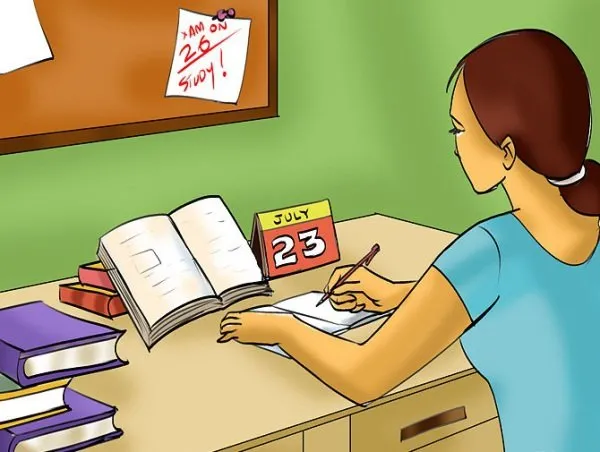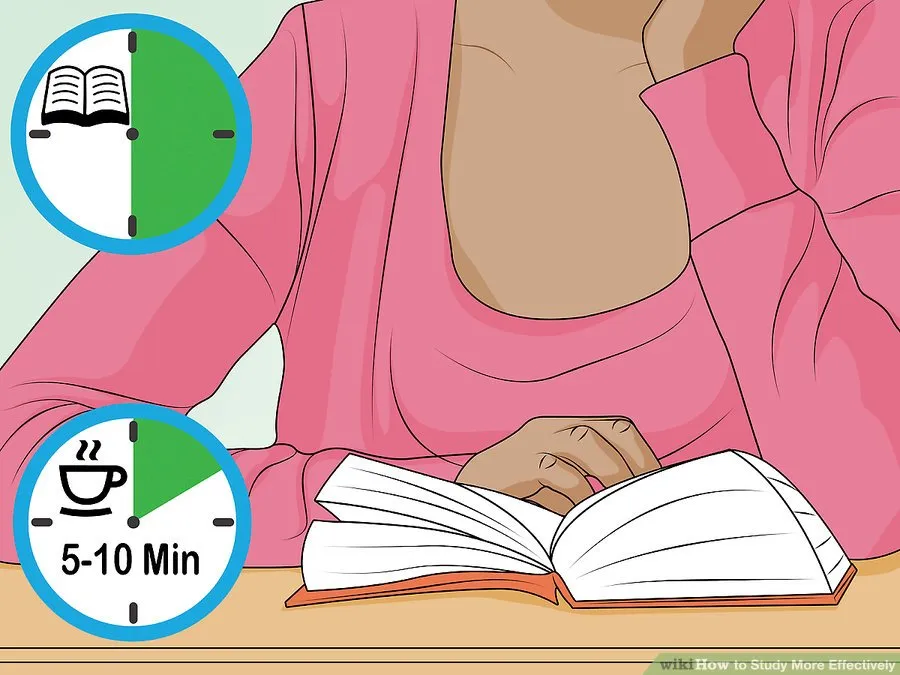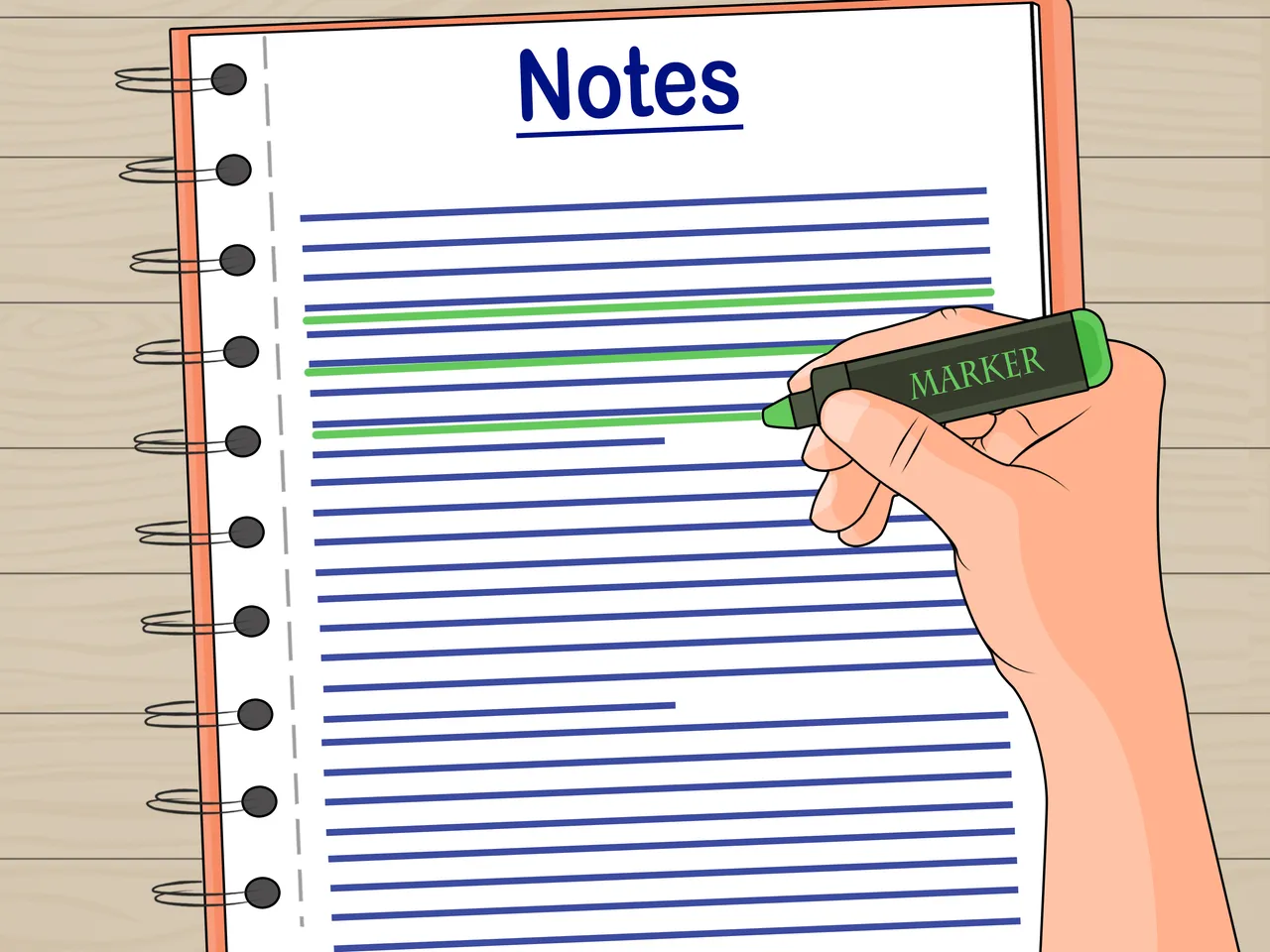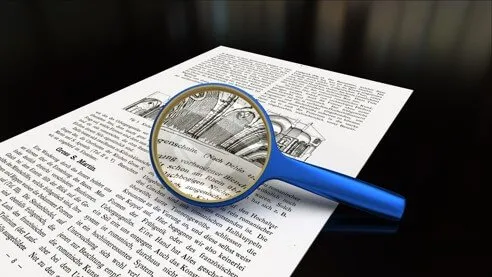Studying Effectively
Most students and teachers take studying for granted. Students think they know how to study. Teachers assume that their students know how to study and leave them to their own devices. Different persons develop individualized methods of study. Slightly different methods are appropriate for different subjects. Nevertheless, There are certain General principles which you should know and which should enable you to work out your own system of study.

Creating a study environment is one of the most effective study methods.
Effective Study Methods
Research done on the study habits of students reveals that success in study depends not only on ability and hard work but also on effective methods of study. Research reveals that the differences among individuals in their capacity to study depend on intelligence. (50 percent), industry (20 percent), effective study methods (20 percent), and environmental factors (10 percent).
What are the most effective methods of learning from textbooks and the internet? Most good readers utilize three methods:
- Reading and rereading
- Underlining the main points as one reads and reviewing these points
- Reading and rereading and taking brief notes as one rereads the material
Research shows that the third method is the most effective.
Developing Good Study Habits

Studying Smarter
Educationists suggests these questions to test your study habits:
- Do you have a daily schedule plan for study? If so, do you follow it strictly?
- Do you have trouble in settling down to work?
- Do you hand in all assignments on time?
- Do you find your study work interesting?
- Are you active in class discussions?
- Do you prefer to sit at the back of the class?
- When you have trouble with your work, do you consult your teacher?
- Do you make a preliminary survey before you study your assignment?
- Do you skip tables and graphs in your reading?
- Do you keep your notes on one subject all together?
- Do you study late in the evening?
- Do you have a definite place to study in?
Your teacher will tell you the correct answers to these questions. If you answered all questions correctly, you probably have excellent study habits. If you missed only one or two answers, you may have very good habits. Missing three answers means you have fairly good study habits. You have poor study habits if you missed four or more items.
It is imperative that you develop correct study habits. They are a must for all students, good and poor alike. A poor student will gain a lot by developing good study habits: a good student will profit even more.
Taking Notes

Correct note taking is an indispensable tool in studying effectively.
It enables you to put in writing salient points gleaned from your teacher's lecture, a material read, or a discussion in class. You can then review these notes later during your study time.
In taking notes, remember the following:
- Learn to extricate important points from long passages. Summarize or condense lengthy ones.
- Translate ideas and information into your own words.
- Observe neatness in clarity in writing.
Skimming
Studying is never complete without doing research work which can unnecessarily eat up a lot of time if you do not know how to read properly.

One of the skills that will enable you to get the most out of research work is skimming.
You do this by looking over the major headings and searching for key words that convey the main idea of the paragraphs and the selection as a whole.

References:
https://www.wikihow.com/Study-More-Effectively
https://psychcentral.com/lib/top-10-most-effective-study-habits/
https://www.oxfordlearning.com/how-to-study-effectively/
https://lifehacker.com/study-less-study-smart-the-best-ways-to-retain-more-1683362205
https://www.nottingham.ac.uk/studyingeffectively/home.aspx
http://www.aib.edu.au/blog/study-tips/7-golden-rules-for-effective-studying/
-Steemit Digest